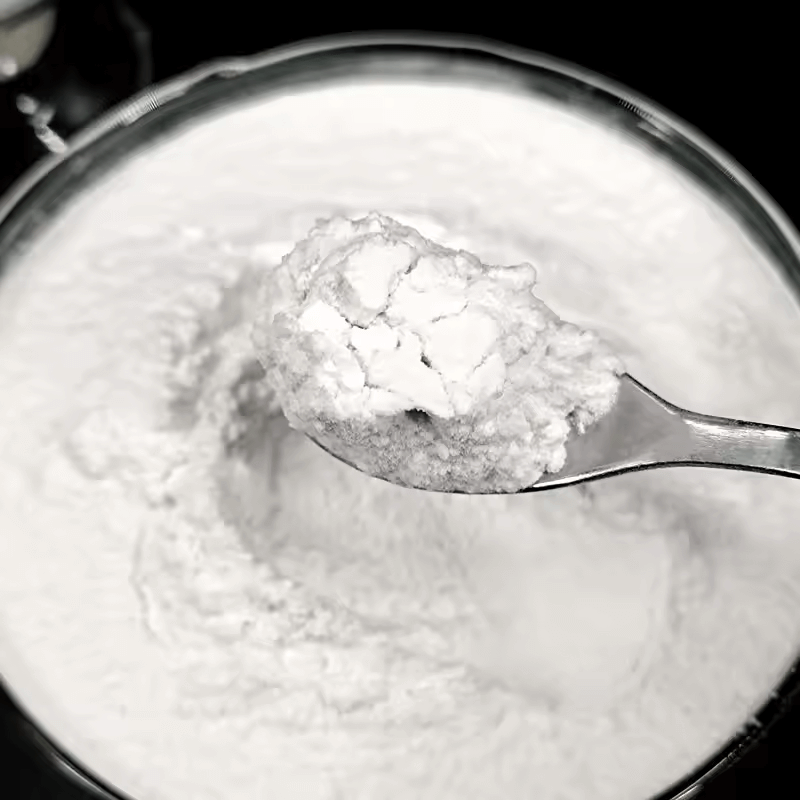Hydroxyethyl cellulose (HEC), chemical formula (C2H6O2)n, is a white or light yellow, odorless, non-toxic fibrous or powdered solid, prepared by etherification reaction of alkaline cellulose and ethylene oxide (or chloroethanol), and belongs to non-ionic soluble cellulose ethers. Due to its good thickening, suspension, dispersion, emulsification, adhesion, film formation, moisture protection and provision of protective colloids, HEC has been widely used in oil extraction, coatings, construction, medicine and food, textiles, papermaking and polymer polymerization. 40 mesh sieving rate ≥99%.

Hydroxyethyl cellulose can be divided into two types:
One is industrial grade, mainly used in industrial coatings, mostly used in mortar and coatings as thickener.
One type is daily chemical grade,
Hydroxyethyl cellulose is a natural polymer compound, which is widely used in cosmetics, medicine and industrial production. It has the following characteristics:
1. Thickening: Hydroxyethyl cellulose can effectively increase the viscosity and viscosity of liquids, making them easier to use and handle. This makes hydroxyethyl cellulose a common thickener in many fields such as cosmetics, hygiene products and coatings.
2. Stability: Hydroxyethyl cellulose shows good stability in various chemical environments. It does not undergo significant degradation and changes under high temperature and high pH conditions. This makes hydroxyethyl cellulose a reliable additive that can extend the service life and stability of products.
3. Solubility: Hydroxyethyl cellulose has good solubility in water, ethanol and other organic solvents. This allows it to be easily mixed with other ingredients for easy product manufacturing and handling.
